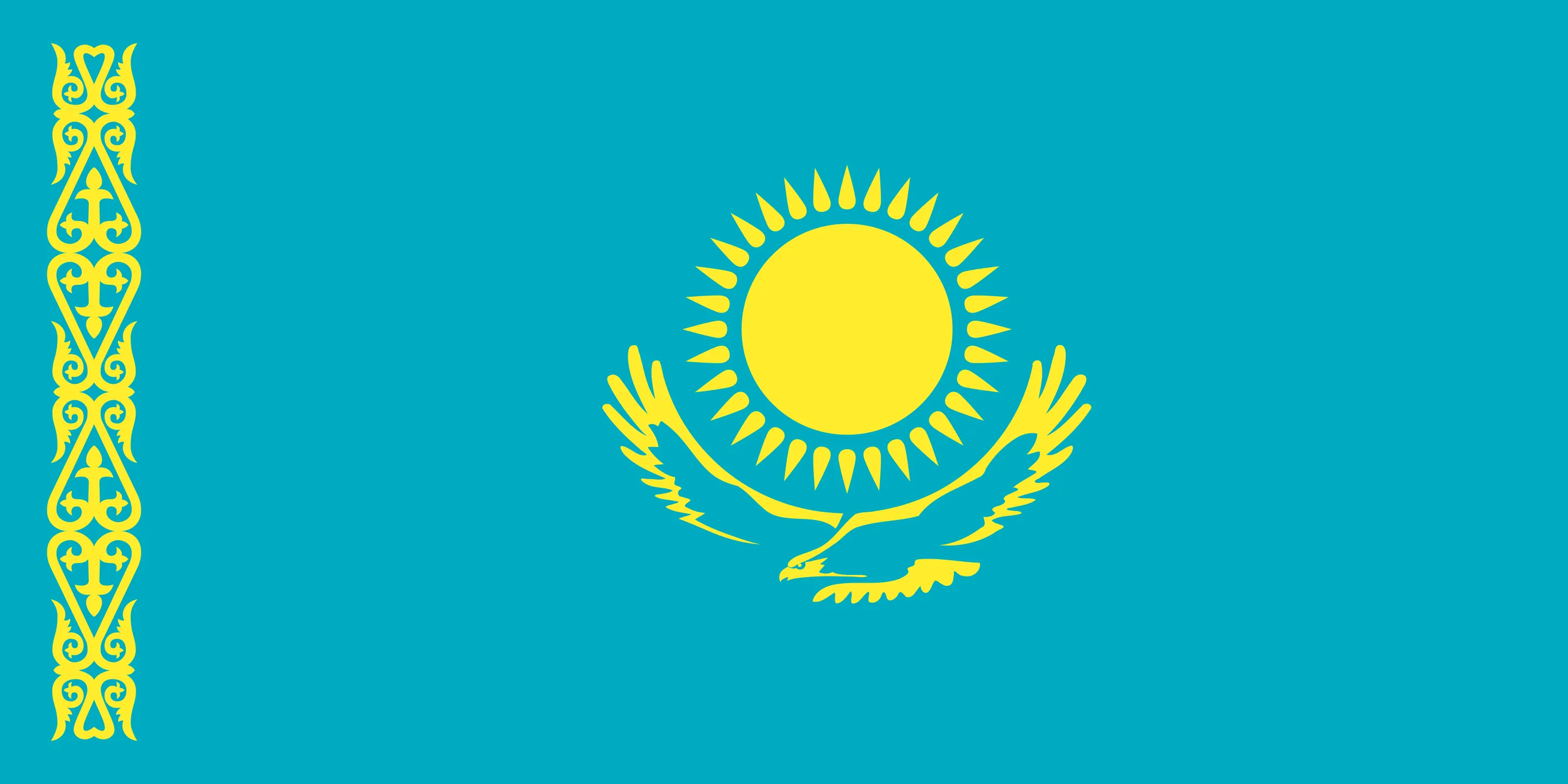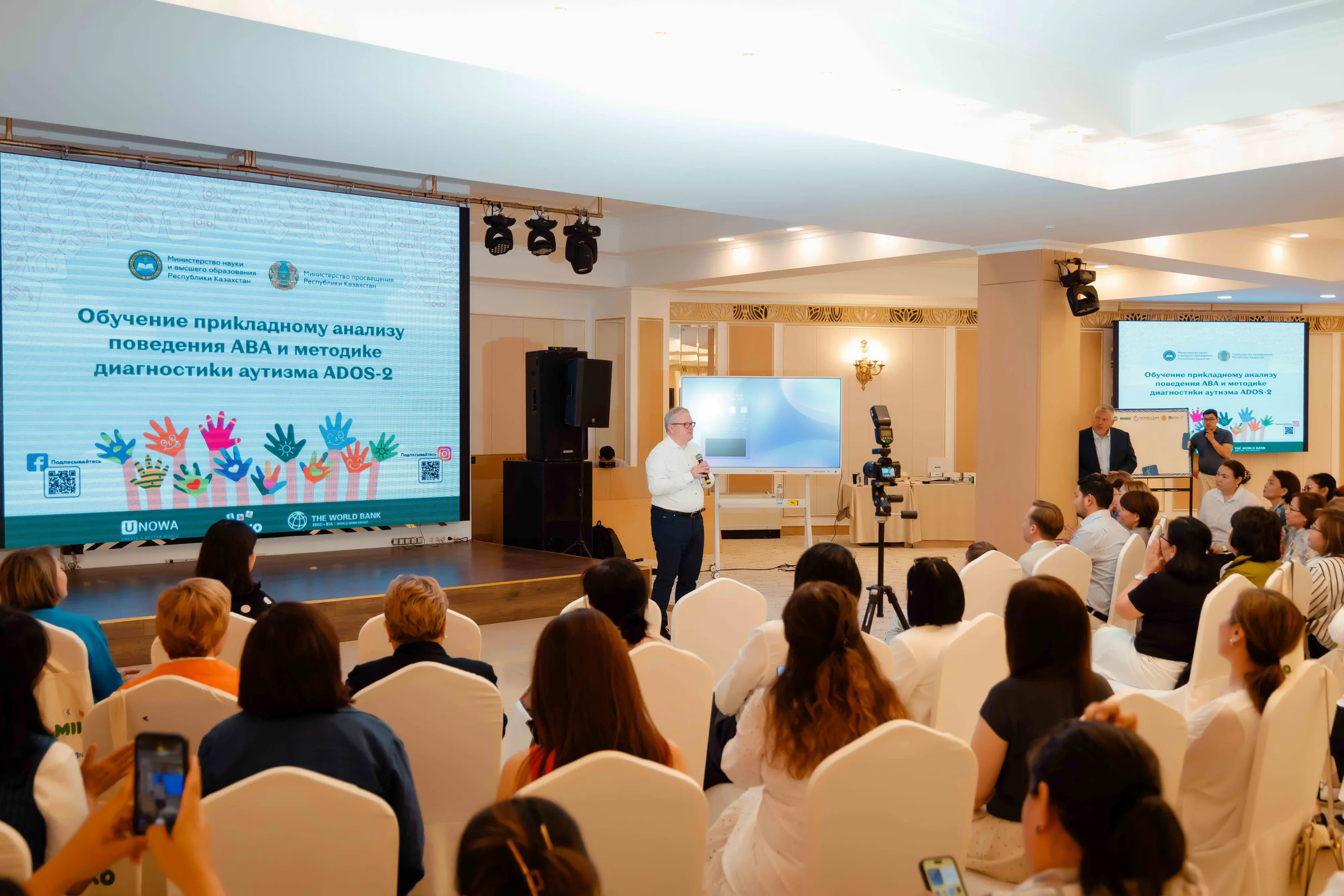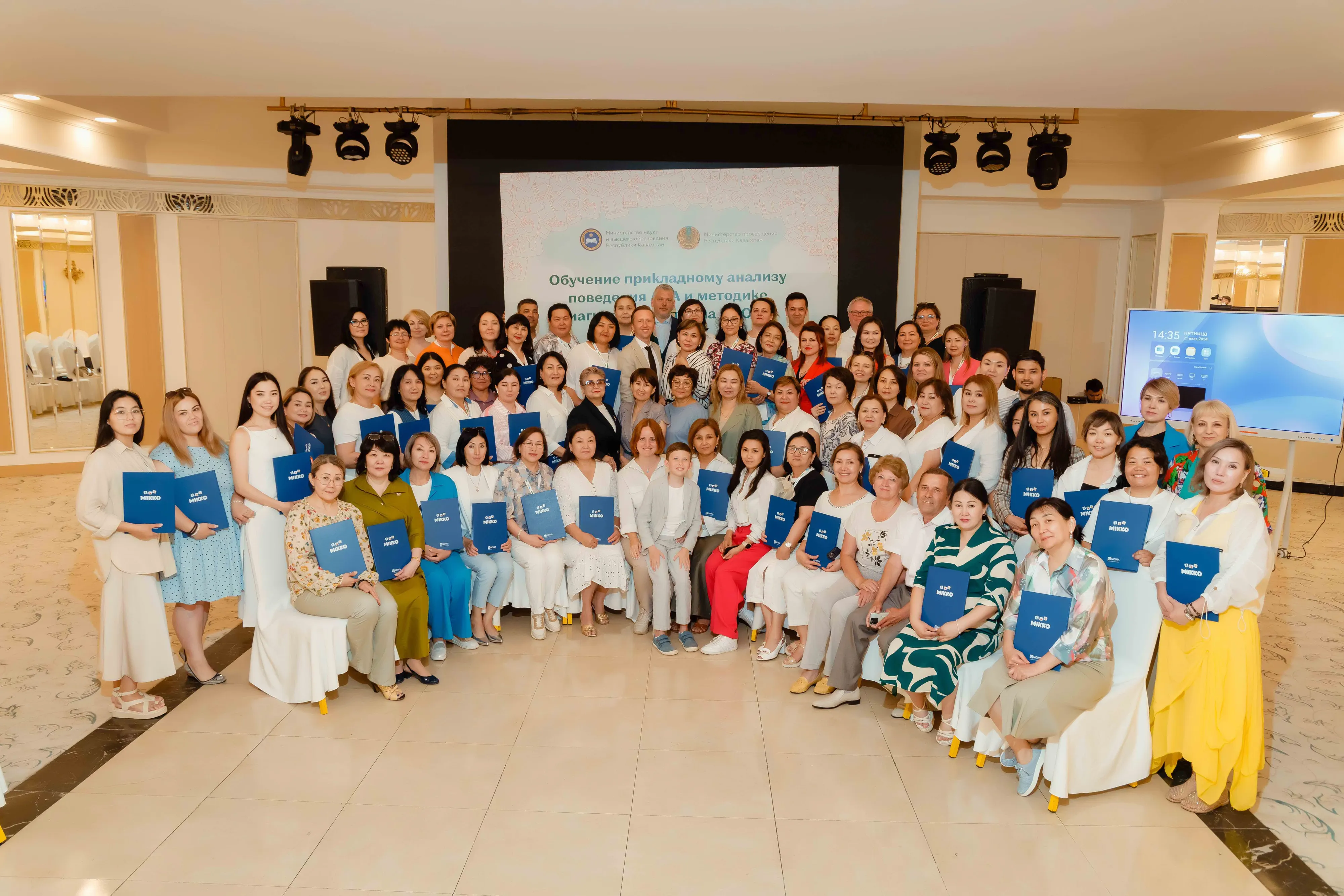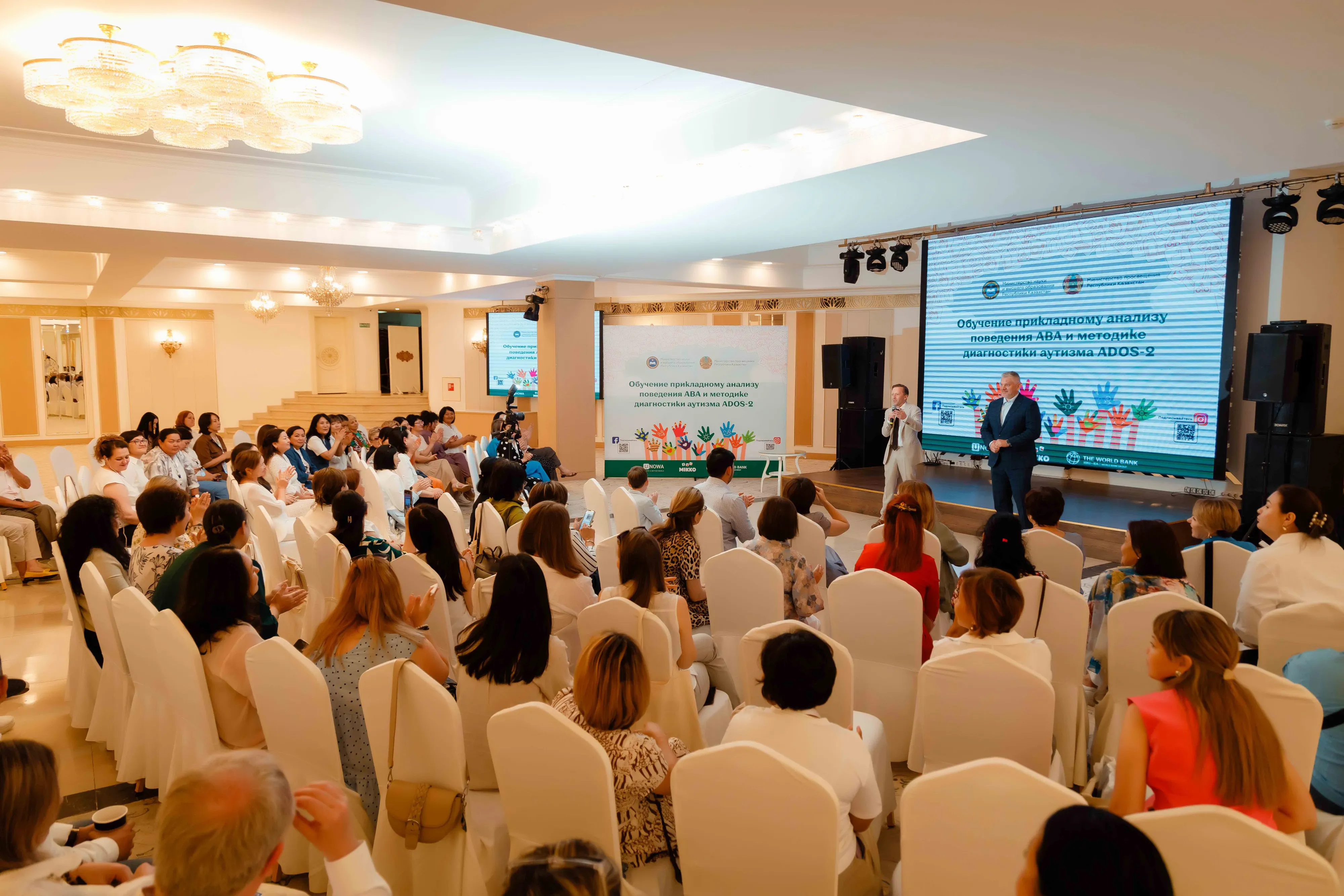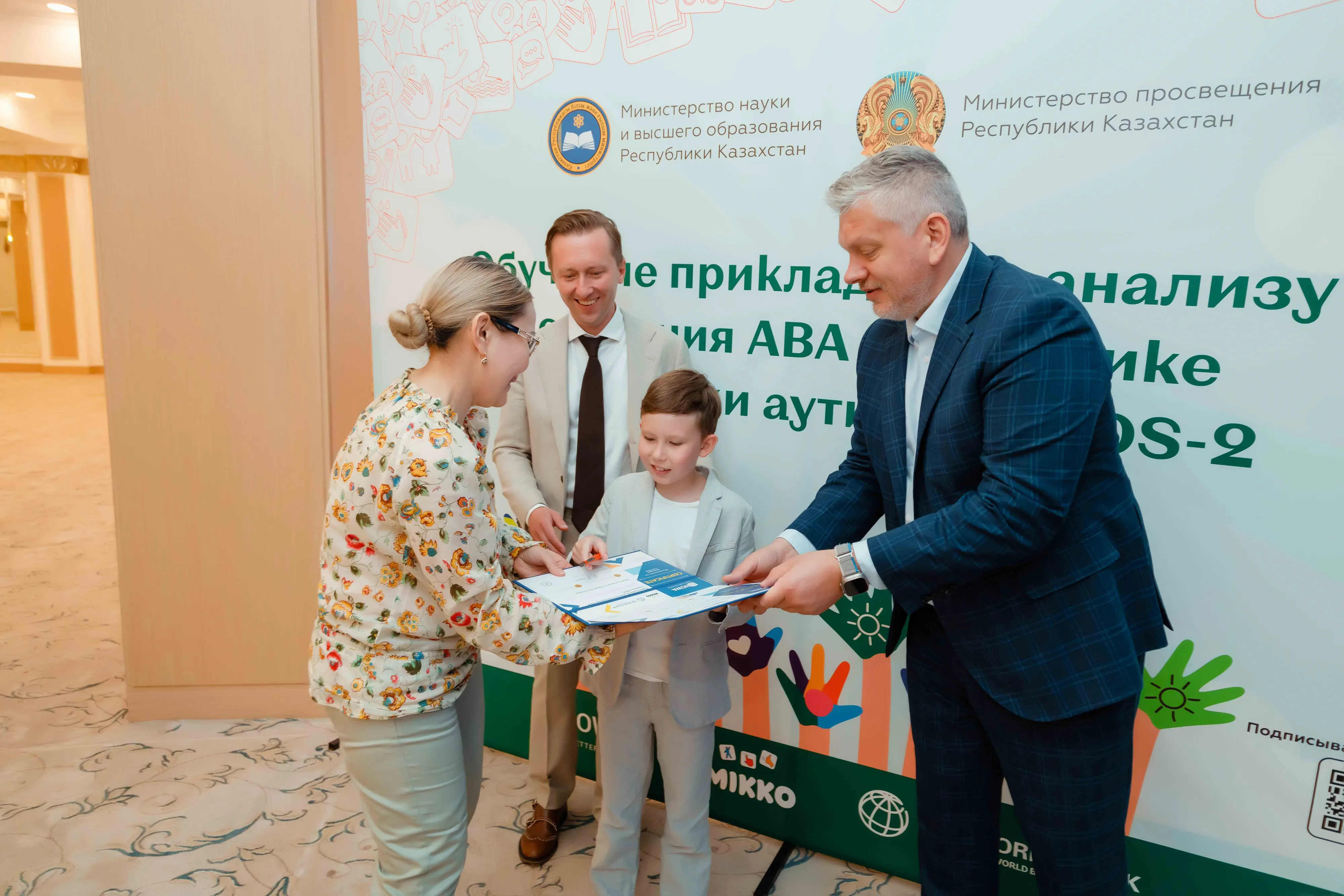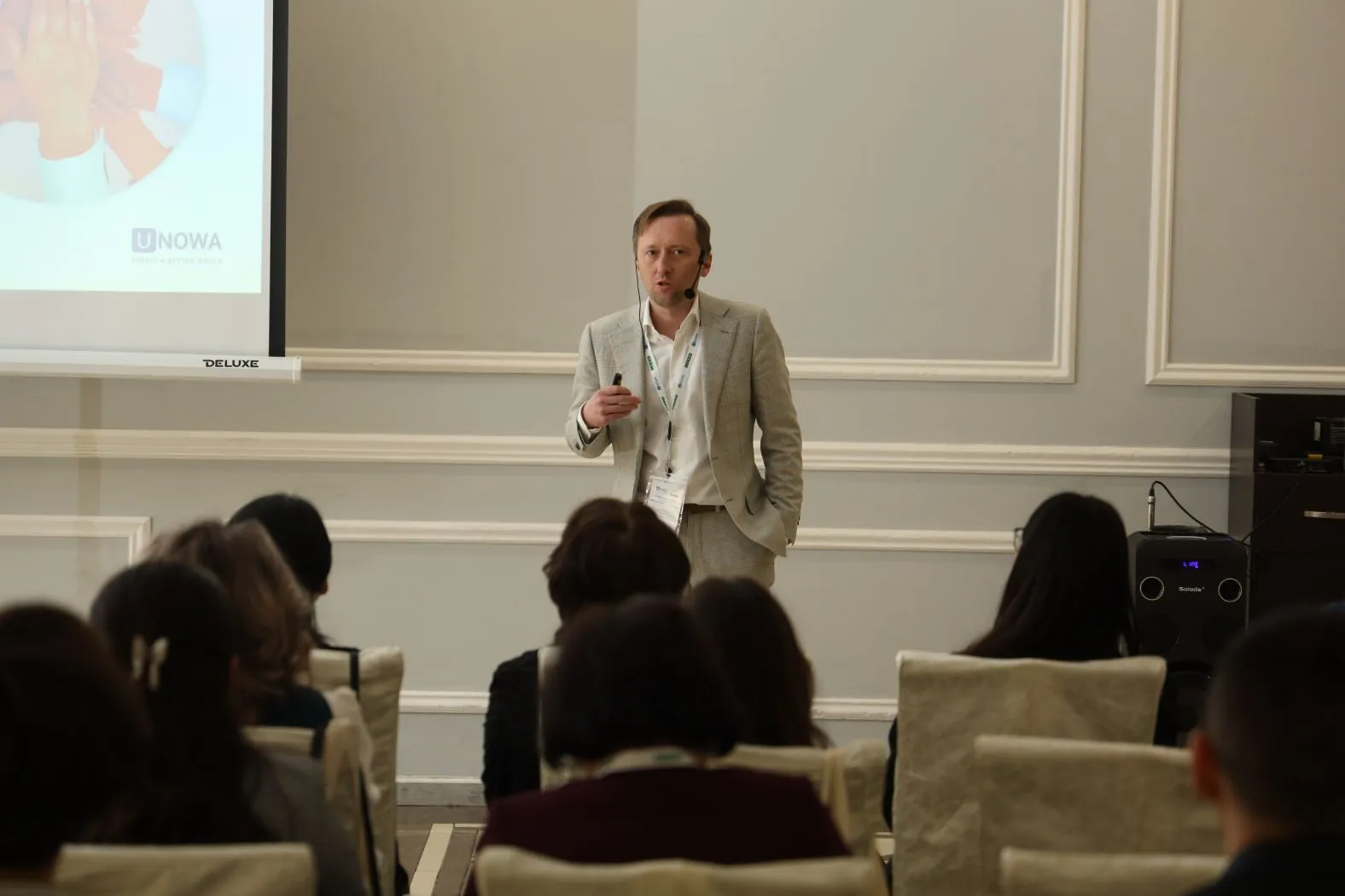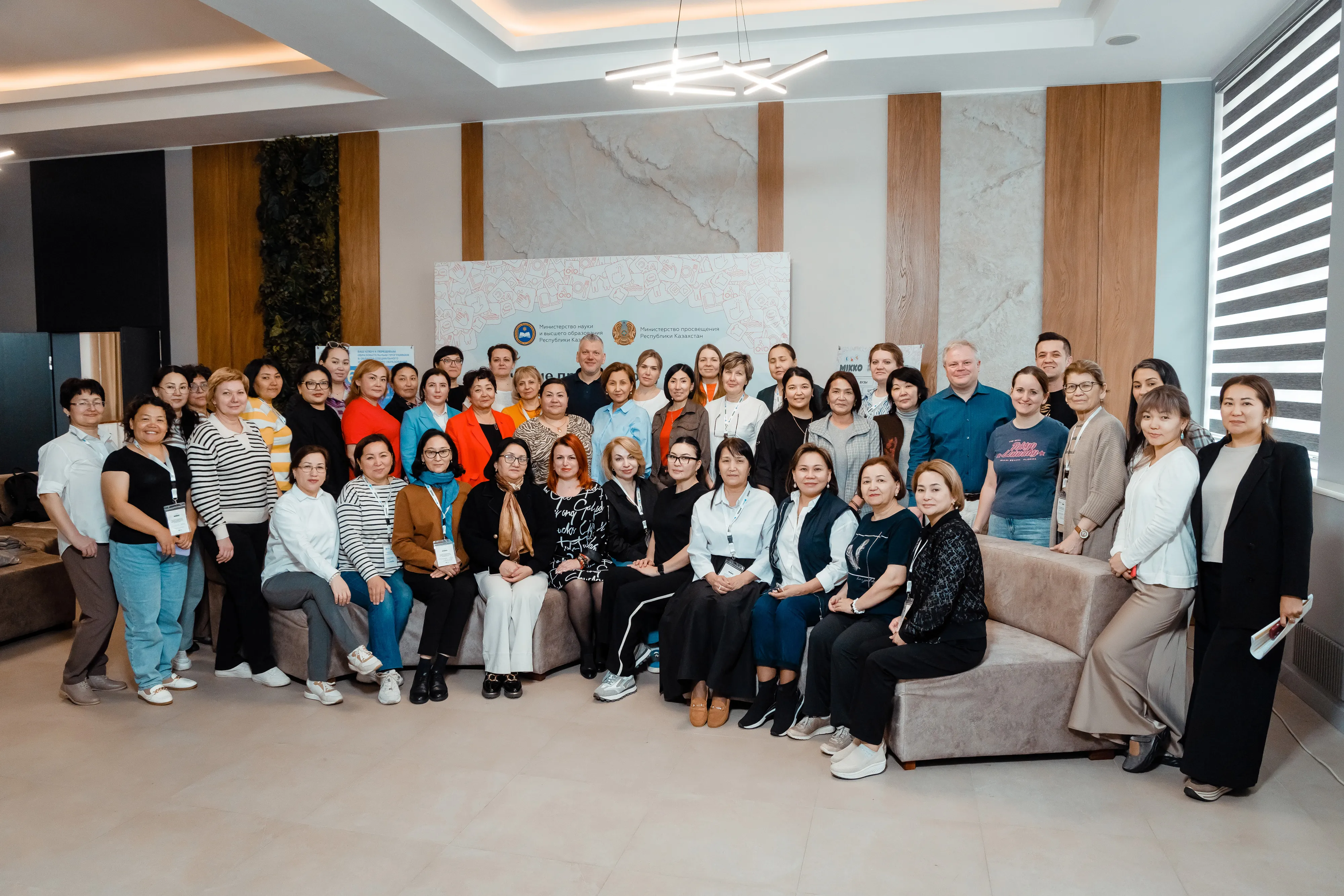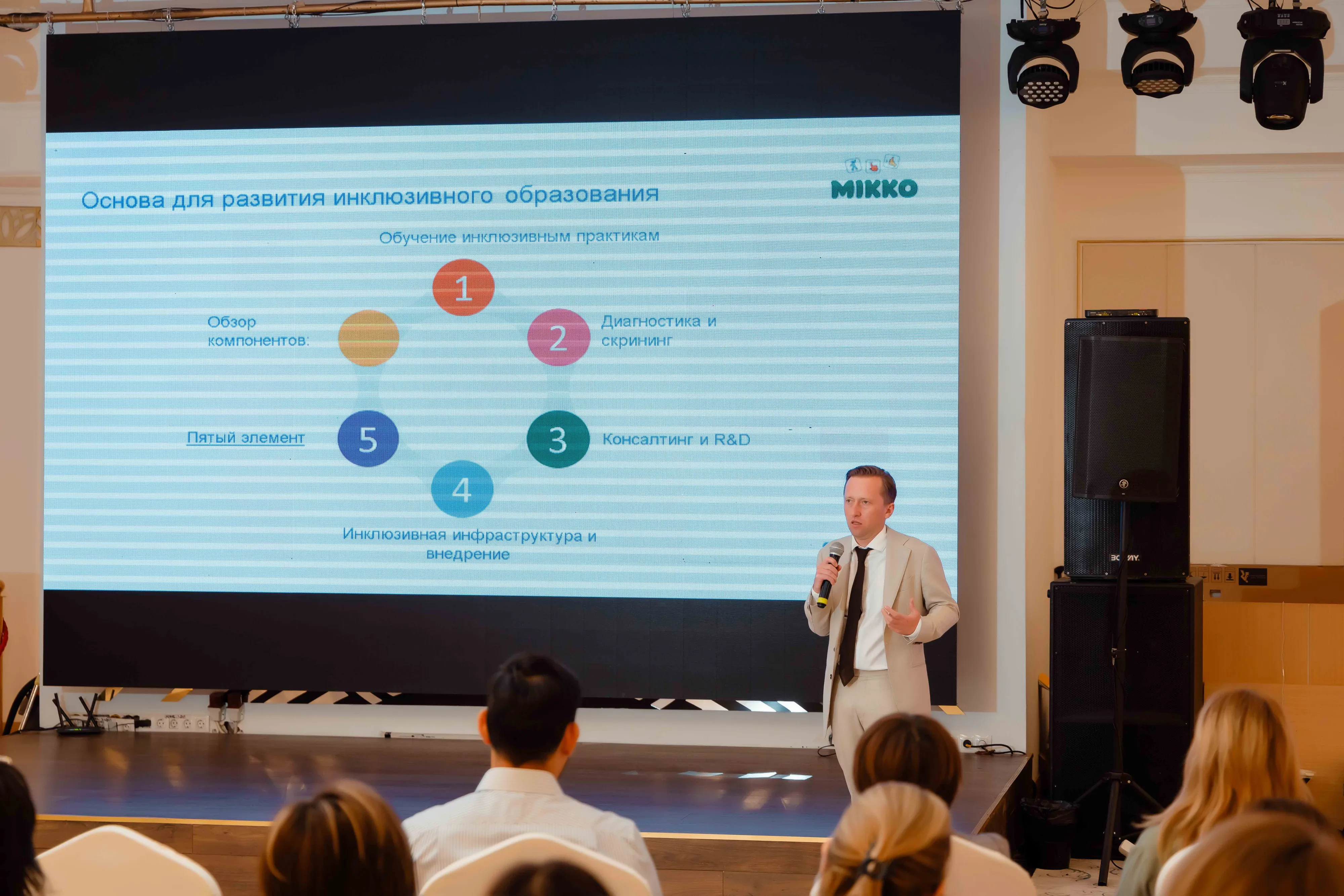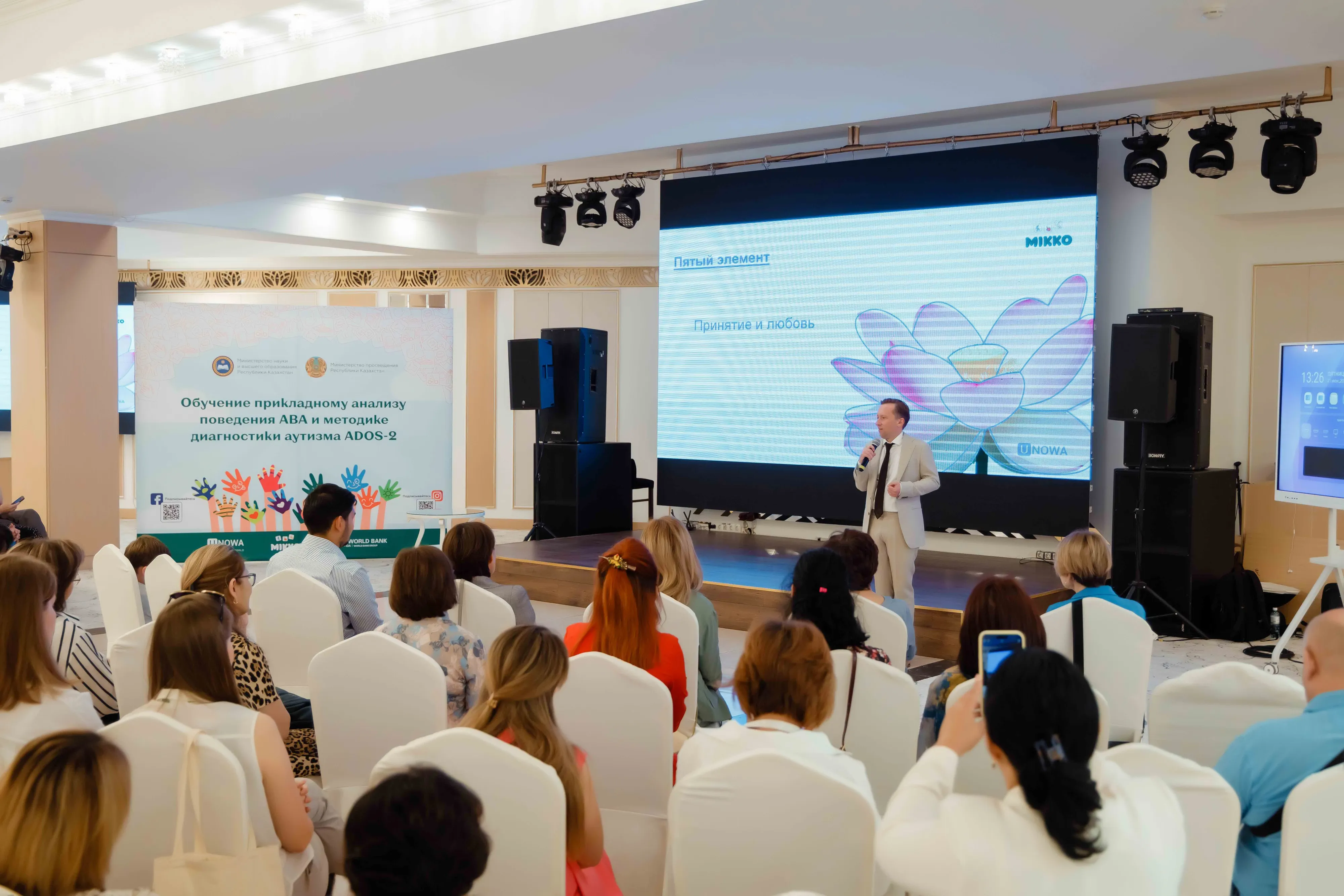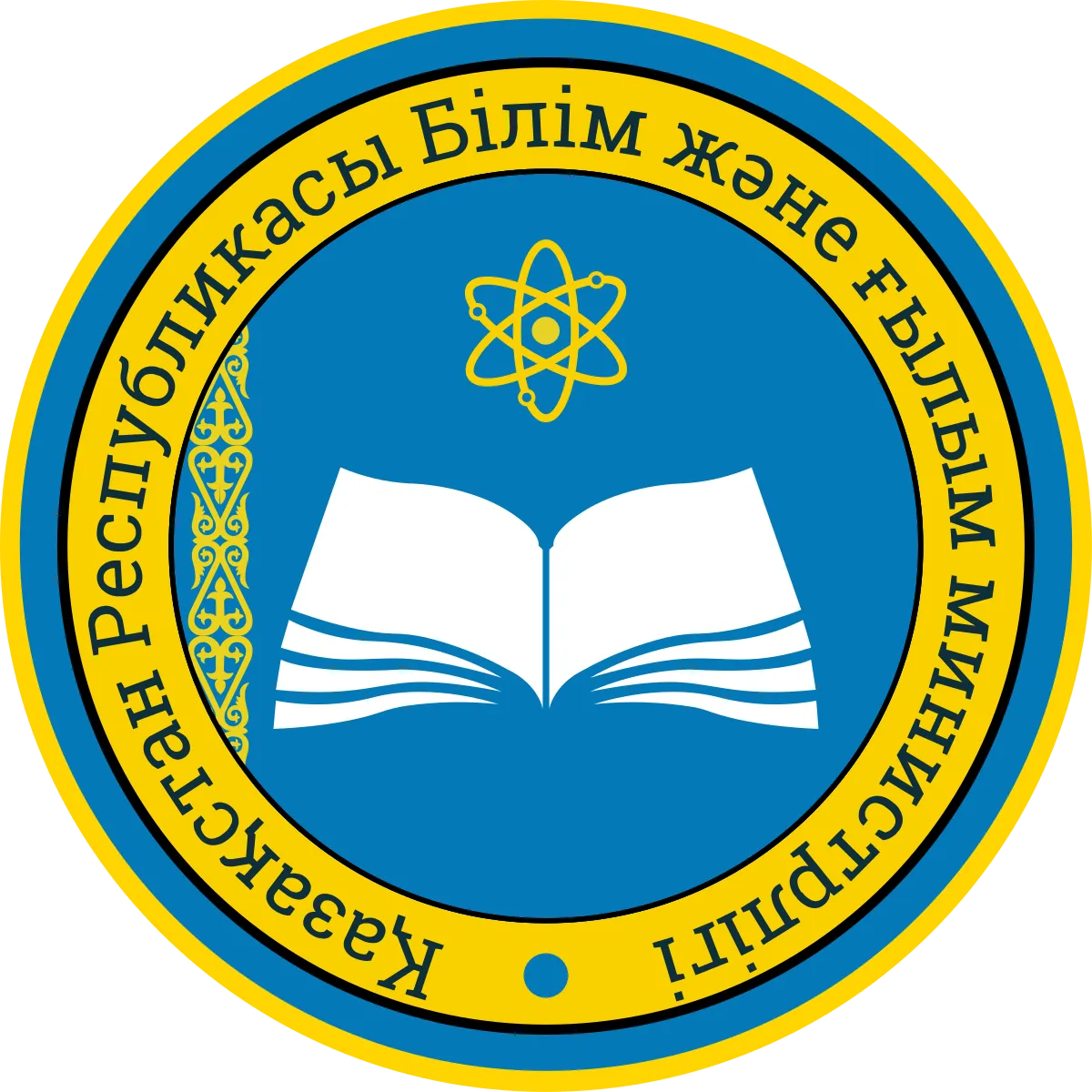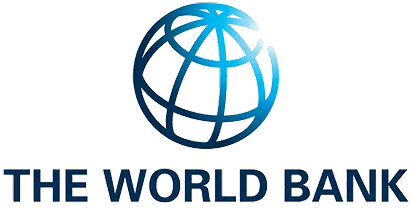Training in Global Practices of Inclusive Education (QCBS-13)
Comprehensive “train-the-trainer” program for inclusive education specialists.
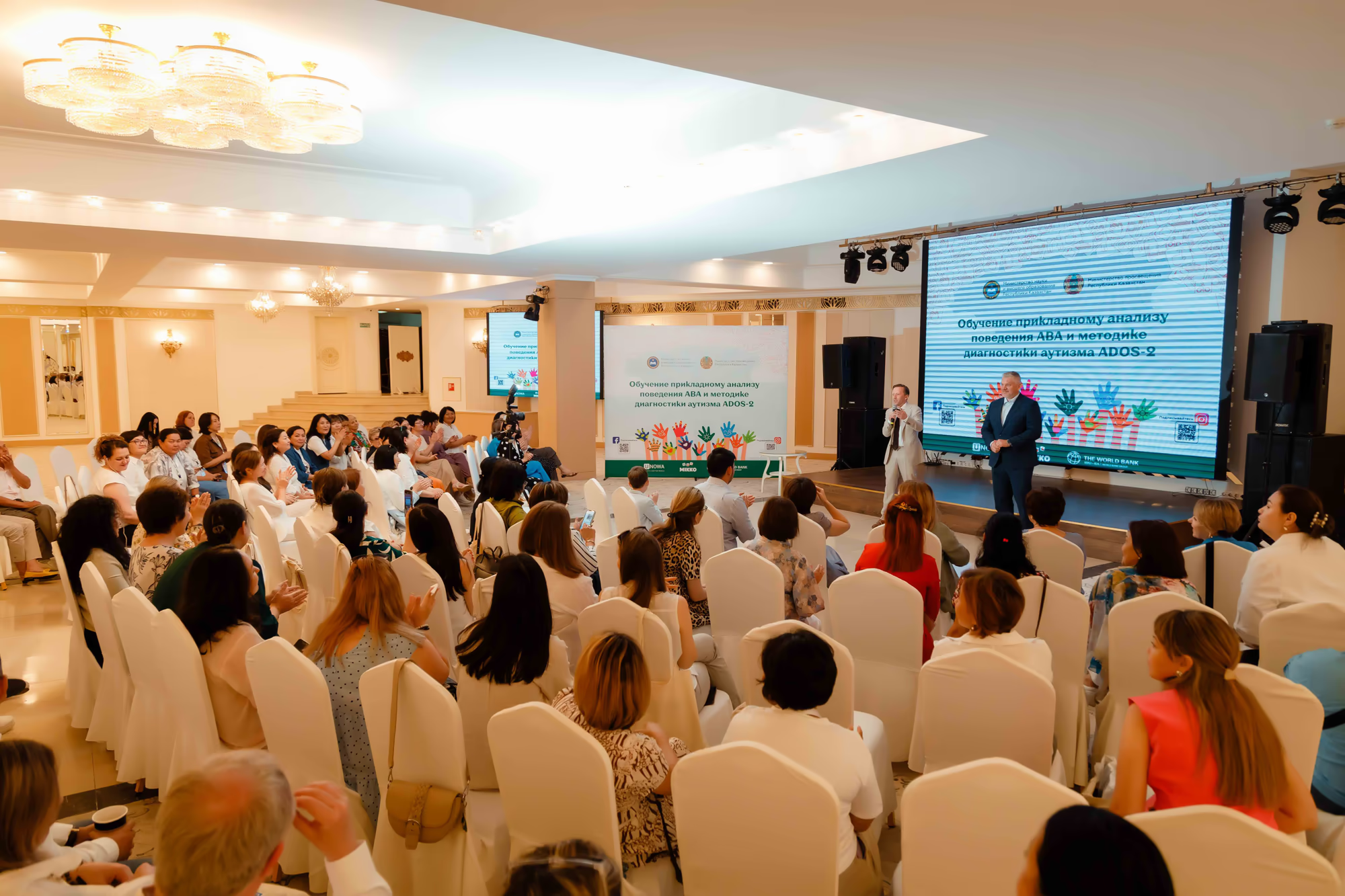
Project overview
This project is a component of the World Bank’s Education Modernization Project No. 8709-KZ, implemented in partnership with the Ministry of Science and Higher Education of the Republic of Kazakhstan. It aims to enhance the professional capacity of university faculty and educational specialists in inclusive education through an intensive “train-the-trainer” program. The project developed and adapted training modules on applied inclusive practices such as MIKKO courses, the “6 Spheres of Development” screening system, three modules of Applied Behavior Analysis (ABA), and the ADOS-2 methodology for early diagnosis. A total of 70 specialists were trained, forming a national network of regional trainers capable of advancing inclusive education at the local level. The program combined theoretical and practical elements using global best practices adapted to Kazakhstan’s context.
Key results
specialists trained as trainers for trainers
experts from 6 countries involved
lectures uploaded to the educational platform
webinars conducted (136+ hours)
topics covered
hours of collective hands-on experience with children with SEN
BCBA-level experts engaged
Project details
Under Component 2 (QCBS-13) of the World Bank Project No. 8709-KZ, UNOWA led a comprehensive training initiative focused on developing national expertise in inclusive education. Together with A-Vector (Ukraine) and the support of the Ministry of Education of Kazakhstan, the program trained 70 university lecturers and specialists to become certified trainers. These professionals represent the first generation of national experts capable of disseminating inclusive methodologies across the country — a crucial step toward sustainable education reform.
The heart of Component 2 was a structured “train-the-trainers” model. Selected educators, psychologists, and special-needs professionals participated in advanced practical training based on global best practices. The program combined theory with interactive workshops and classroom simulations. Graduates of this initiative are now teaching their peers, supporting universities and schools nationwide, and ensuring that modern inclusion techniques reach every region of Kazakhstan.
UNOWA and A-Vector jointly designed a comprehensive curriculum combining applied pedagogy, psychology, and modern inclusion technologies. The training modules included:• MIKKO Applied Inclusion Courses – practical tools for classroom adaptation;• The “6 Spheres of Development” System – a diagnostic framework to assess key developmental areas;• Applied Behavior Analysis (ABA) and ADOS-2 Diagnostics – international gold standards for early autism screening.This multidisciplinary approach gave educators the confidence and competence to apply evidence-based methods in real learning environments.
To ensure long-term access to professional growth, UNOWA introduced a full set of digital courses and methodological guides. The online modules ans Mikko AI Agent, available 24/7, cover inclusive pedagogy, ABA therapy, developmental screening, and hands-on classroom techniques. Over 65 video lectures and five interactive courses allow participants to learn at their own pace, while more than 100 localized manuals help them implement new practices in schools and universities. This digital ecosystem supports continuous learning far beyond the project’s duration.
Component 2 (QCBS-13) laid the foundation for a sustainable system of inclusive teacher education in Kazakhstan. The 70 trained trainers now form a professional network linking universities, schools, and regional education departments. Through their ongoing mentoring and workshops, inclusive teaching is becoming a standard practice nationwide. UNOWA’s contribution under the MIKKO brand demonstrates how international expertise, adapted to local standards, can create enduring systemic change in education.
Project partners
Resources



